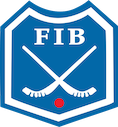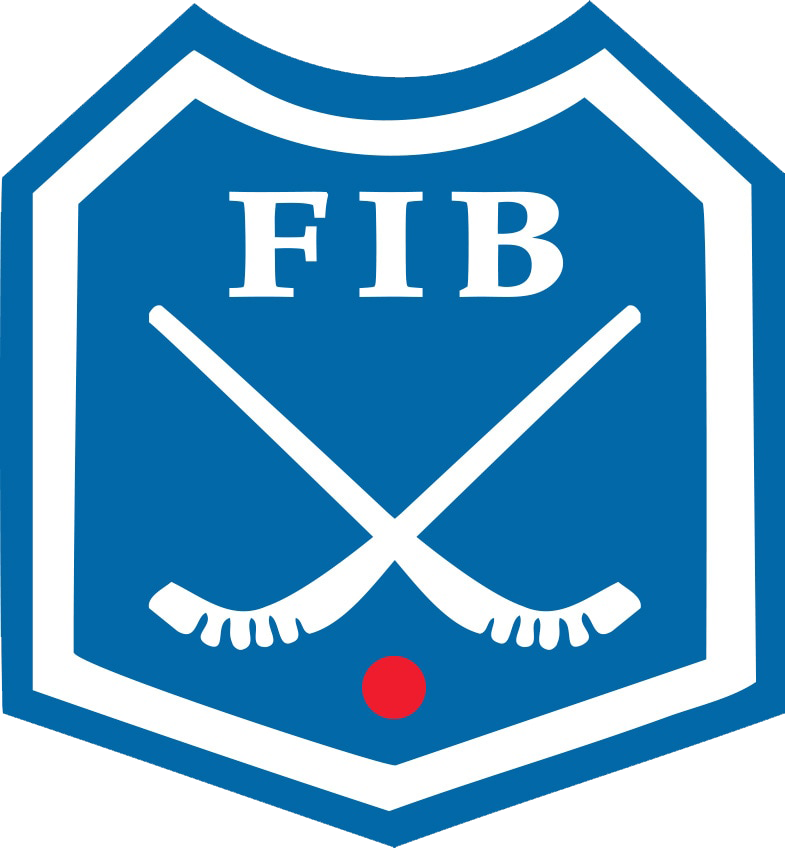No documentation has been found from the 1991 tournament. It was still an all-Swedish final between Edsbyns IF and Sandvikens AIK. A match that was won quite reassuringly by Edsbyn with 6-3, who thus became the 1991 World Cup champions.
Before the tournament in 1991, a discussion flared up about whether the tournament should be allowed to remain in Ljusdal or move to the Finnish city of Oulu, which had applied to take over the arrangement from 1995 onwards. But nothing came of it as the International Bandy Federation decided that the tournament should stay in Ljusdal. This was announced by Staffan Söderlund, who was both chairman of the Swedish Bandy Federation 1998-1997 and also a member of the International Federation.
It was SJ, the Swedish state-owned train company, that was the main sponsor that thought the ball was not possible to see as good as they wanted.
Its managing director Stig Larsson brought up what he thought was a major problem in bandy. The ball was too visible in the electric light, he thought. Therefore, SJ contributed SEK 100,000 for a new ball to be developed. The companies Jofa and Industridesign worked on the project for a year. When it was finished, a new, larger ball was presented in two shades. A yellow colored ball for daylight but the old red color in electric light.
The new balls were 65 mm in diameter and weighed 70 grams, which was 10% heavier than the previous balls. In the 1991 World Cup tournament, the matches Ljusdal-Drafn and Sandviken-Minnesota were played with the new balls. These were also tested in the women’s tournament.

